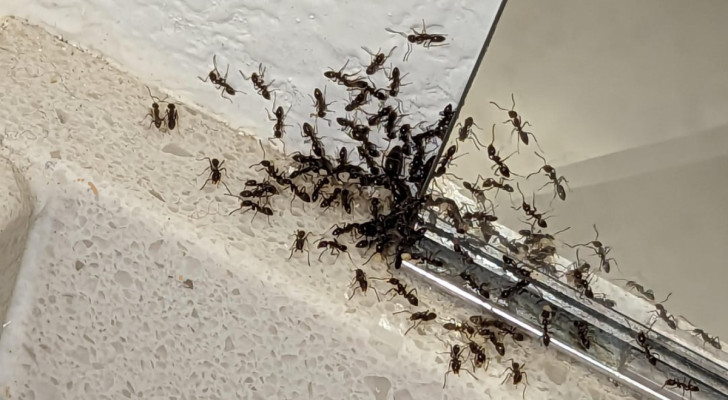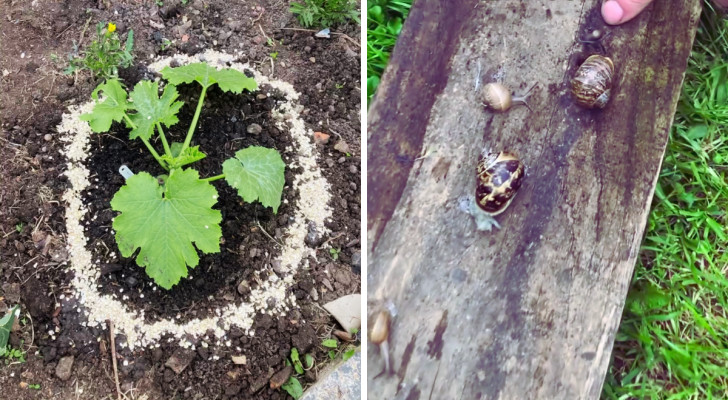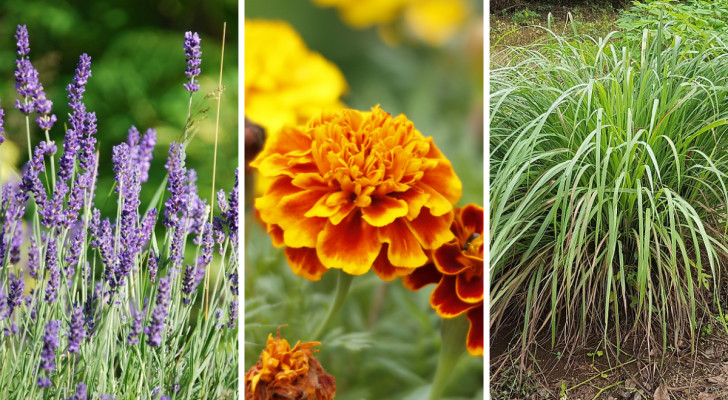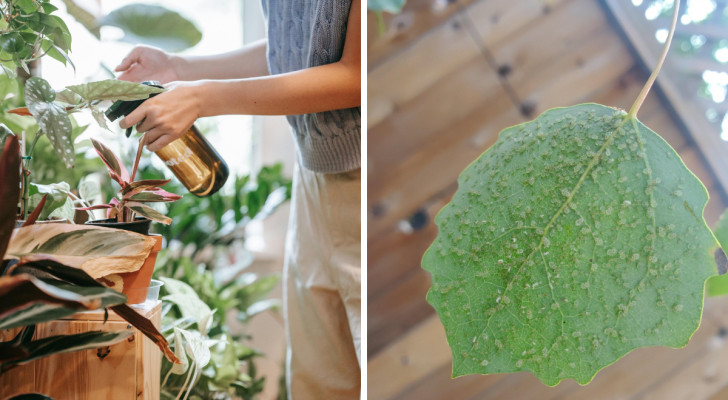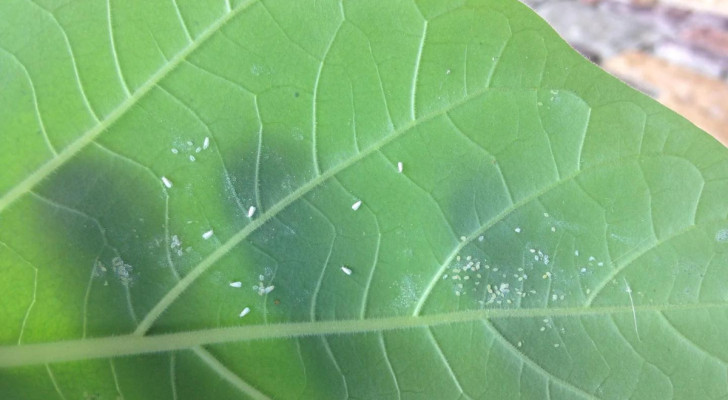Do-it-yourself methods to prevent wasp nests from forming at home and in the garden
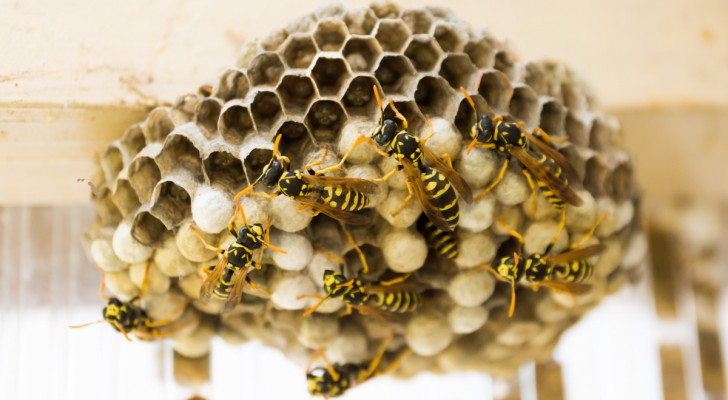
Pickpik
Particularly disliked animals that are also quite dangerous, wasps are unwelcome guests in any home or garden. Eliminating a wasp nest is a job best always left to those with experience, but it is also possible to employ do-it-yourself deterrents to prevent more from forming.
These insects are especially active in the summer, but they can continue to buzz and increase colonies at other, not-too-cold times of the year. Since they can be dangerous to us, pets and children, not to mention that they are also predators of other insects beneficial to the ecosystem, we shoudl try to contain their presence.
Where do wasps make nests?
We can notice them in the garden, on the balcony and sometimes even in some forays they make into the house, and while waiting to clear the area of nests we can in the meantime try to protect ourselves by trying to reduce the presence of things that attract these animals, such as meat in particular. When we eat outside, and even more so if we are barbecuing, we better try to clean up meat and various sauces as soon as possible. Other food debris can also attract them, although less vehemently than meat, which they are fond of.
It is also important to understand where they may nest: depending on the types of wasps, in fact, forming colonies tend to prefer some places over others.
- there are those that prefer empty rodent burrows, old logs or hollow, empty structures in general. In rare cases they even build their hive on the ground;
- the most common are wasps that nest in tree cavities or among branches that are a fair height above the ground (at least a couple of meters);
- other types prefer to put themselves under roofs (so even inside the lightly trafficked rooms of a house) or under the ledges of structures such as sheds, garages and the like;
- finally, certain wasps happen to be seen creating hives on the walls of a building, or even underground.
How to avoid the formation of wasp nests
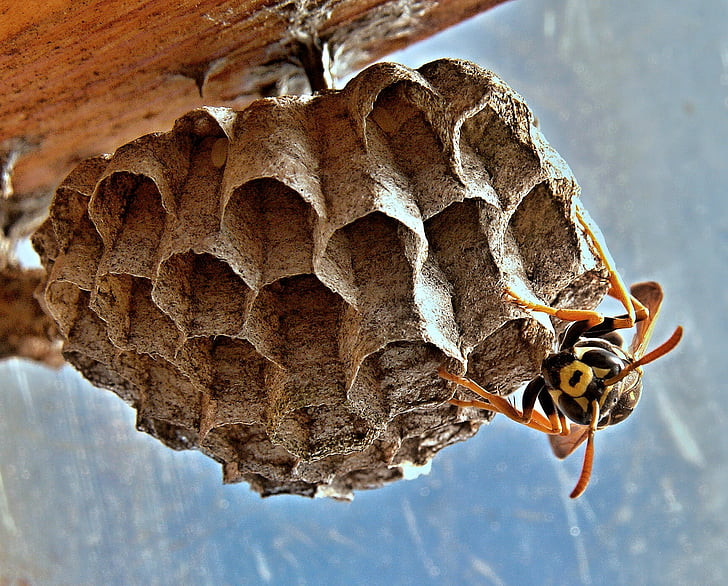
Pickpik
The steps to consider to prevent wasps from wanting to create a nest near our homes are several.
- Do not leave food that attracts them: in addition to the above, it is useful to manage garbage cans well, closing them tightly and cleaning them often. Also avoid leaving fallen fruit from trees or plants on the ground; don't leave pet food around for too long.
- Use wasp traps. You can buy them or even make them yourself.
- Install fake wasp nests. These mimic the presence of an active nest, giving the impression that that territory has already been occupied, so the “new” wasps tend to move away.
- Use essential oils: some oils, such as peppermint oil, are effective in keeping various insects, including wasps, away. So you might habitually spray it in places where wasps are most likely to create nests, or where they tend to traffic.
However, in any case where there are large nests, or more than one, or wasp nests of a very large size, always best to call in experts to safely clear the area.
